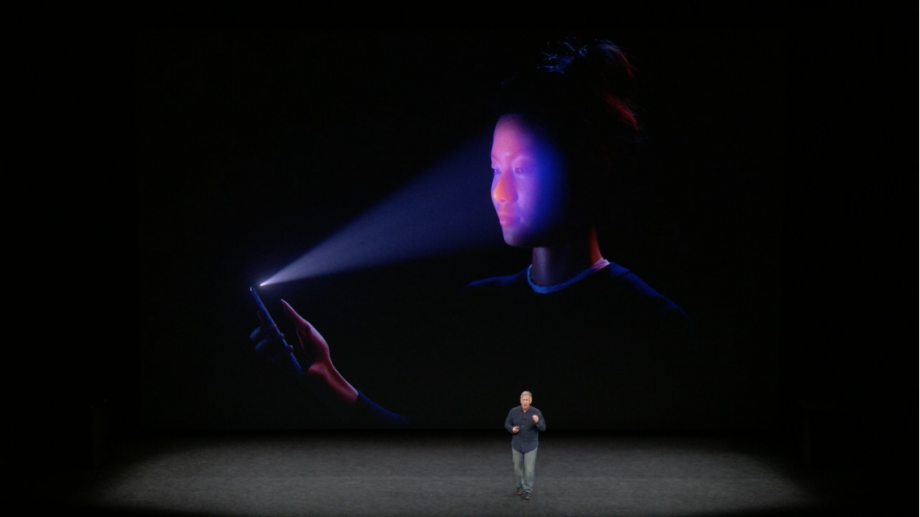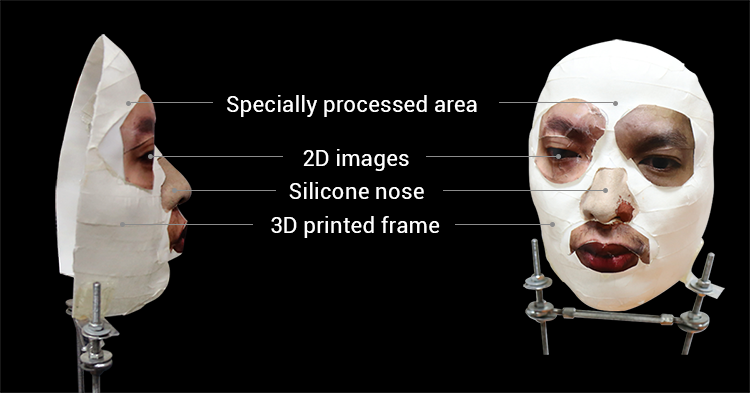iPhone X Face ID tricked by researchers with 3D printed mask

Apple’s Face ID face scanning tech, found in the iPhone X, can be tricked through the use of 3D printed face masks, according to Vietnamese security firm Bkav.
Researchers from Bkav found that despite Apple’s claims of working with professional mask makers form Hollywood to prevent criminals from using masks to beat Face ID, the mask the researchers created can trick the facial recognition tech into unlocking an iPhone X.
Touting knowledge of how facial scanning works, the researchers noted that because Face ID will recognise a user if half their face is covered, its facial recognition standards are not as strict as first thought, meaning a mask that replicates some of the attributes of the legitimate iPhone user can be used to get past Face ID’s artificial intelligence (AI) capabilities.
“The mask is crafted by combining 3D printing with makeup and 2D images, besides some special processing on the cheeks and around the face, where there are large skin areas, to fool AI of Face ID,” said Ngo Tuan Anh, Bkav’s vice president of cyber security.
It took the researchers some attempts to get the mask right in order to trick Face ID, but at $150, around £114, to create the mask, the hack is not massively expensive providing one has the knowledge how to create it to specifically beat facial recognition systems.
Parts of the mask such as the nose and skin had to be created by hand to fool Face ID, so the hacking technique needs additional skills as well as specialist knowledge.

As it’s a proof-of-concept hacking technique that has yet to be confirmed by other security researchers, exact details on how the Bkav researchers created the only mask that can beat Face ID are thin on the ground.
The researchers also don’t expect such a technique to be used against the everyday iPhone X user.
“Potential targets shall not be regular users, but billionaires, leaders of major corporations, nation leaders and agents like FBI need to understand the Face ID’s issue. Security units’ competitors, commercial rivals of corporations, and even nations might benefit from our PoC,” they said.
Apple has yet to respond to the potential for Face ID to be tricked, but it would appear that despite Cupertino’s claims its face scanning and recognition tech isn’t quite as robust as it would first seem, though there’s a chance that updates further down the line could strengthen Face ID against such tricks.
Related: Black Friday deals
What do you make of Face ID, can it be as secure as Apple claims it is? Let us know on Facebook or tweet @TrustedReviews.

